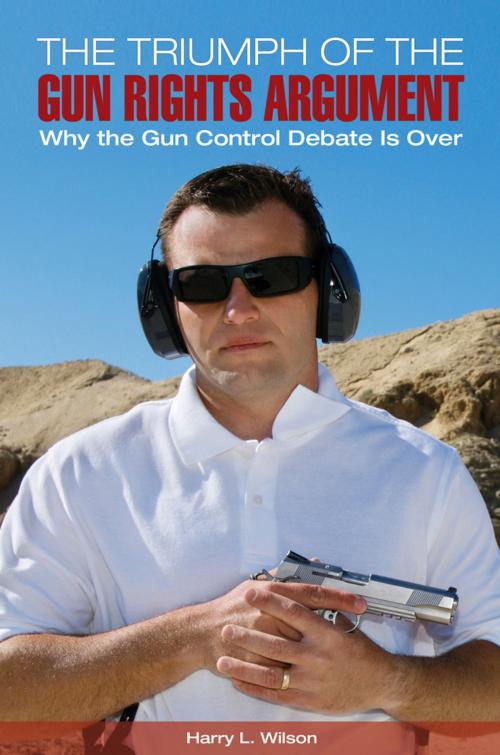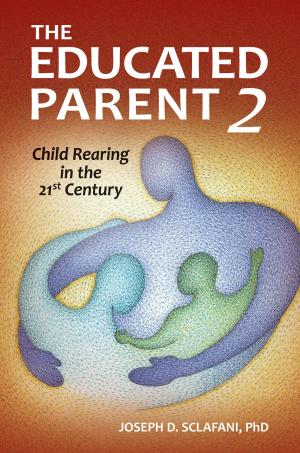The Triumph of the Gun-Rights Argument: Why the Gun Control Debate Is Over
Nonfiction, Social & Cultural Studies, Political Science| Author: | Harry L. Wilson | ISBN: | 9781440830365 |
| Publisher: | ABC-CLIO | Publication: | January 16, 2015 |
| Imprint: | Praeger | Language: | English |
| Author: | Harry L. Wilson |
| ISBN: | 9781440830365 |
| Publisher: | ABC-CLIO |
| Publication: | January 16, 2015 |
| Imprint: | Praeger |
| Language: | English |
Gun control evokes passions equaled by few other subjects. As this book shows, the debate over firearms begins with cultural values and extends into questions of constitutional rights, public health and safety, and politics. Examining its subject through the prism of the Sandy Hook shootings, the book looks at the influence of elected officials, the courts, interest groups, and average citizens in shaping gun-control laws. It shares poll results detailing what the public really thinks about guns and why, and it explains the various components of gun policy and policymaking to show how they come together to form the current reality.
While small skirmishes about the right to bear arms will continue for some time, the author, a self-described "gun-owning academic," asserts that changing public opinion, Supreme Court decisions, dominance of gun-rights interest groups, the Democratic Party's virtual withdrawal from the discussion, and a declining violent-crime rate have formed a perfect storm, resulting in the effective end of the gun control debate. This assertion and the thoughtful examination that leads to it will be of equal interest to those engaged in the argument and those researching it for the first time.
Gun control evokes passions equaled by few other subjects. As this book shows, the debate over firearms begins with cultural values and extends into questions of constitutional rights, public health and safety, and politics. Examining its subject through the prism of the Sandy Hook shootings, the book looks at the influence of elected officials, the courts, interest groups, and average citizens in shaping gun-control laws. It shares poll results detailing what the public really thinks about guns and why, and it explains the various components of gun policy and policymaking to show how they come together to form the current reality.
While small skirmishes about the right to bear arms will continue for some time, the author, a self-described "gun-owning academic," asserts that changing public opinion, Supreme Court decisions, dominance of gun-rights interest groups, the Democratic Party's virtual withdrawal from the discussion, and a declining violent-crime rate have formed a perfect storm, resulting in the effective end of the gun control debate. This assertion and the thoughtful examination that leads to it will be of equal interest to those engaged in the argument and those researching it for the first time.






![Cover of the book The Economics of Inequality, Poverty, and Discrimination in the 21st Century [2 volumes] by Harry L. Wilson](https://www.kuoky.com/images/2013/march/300x300/9780313396922-VwME_300x.jpg)
![Cover of the book The Praeger Handbook of Media Literacy [2 volumes] by Harry L. Wilson](https://www.kuoky.com/images/2013/november/300x300/9780313392825-Hg5z_300x.jpg)




![Cover of the book African Americans at Risk: Issues in Education, Health, Community, and Justice [2 volumes] by Harry L. Wilson](https://www.kuoky.com/images/2015/june/300x300/9781440800764-aNDa_300x.jpg)


![Cover of the book Latin Music: Musicians, Genres, and Themes [2 volumes] by Harry L. Wilson](https://www.kuoky.com/images/2014/july/300x300/9780313343964-AtyU_300x.jpg)